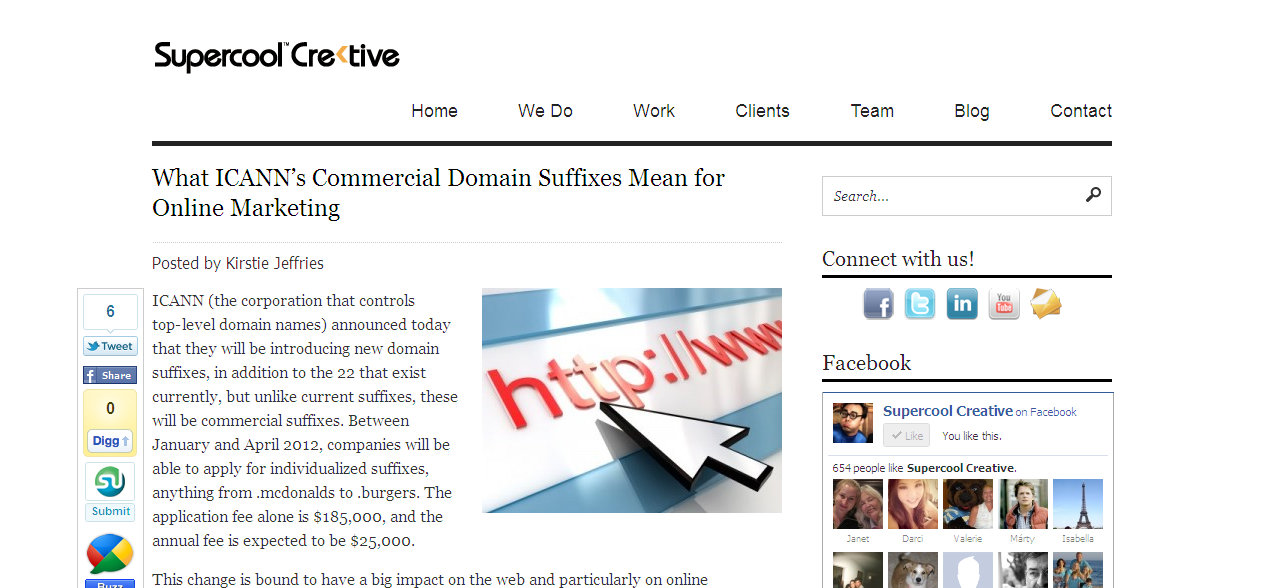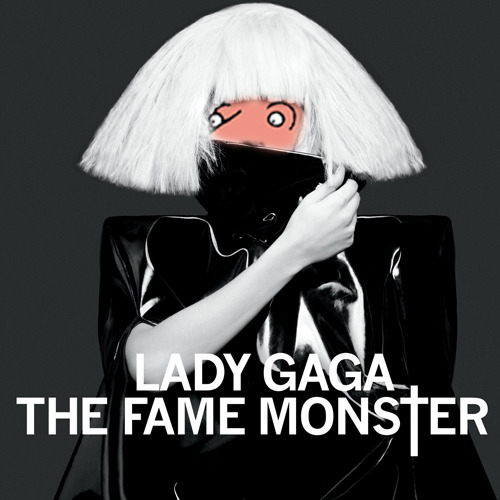Are the pages you like on Facebook painting a picture of you without you realizing it? Did you know that liking “curly fries” on Facebook is a strong indication of intelligence? In this post on the people2people blog, I explained the sociological theory of homophily and questioned how employers could use the persona you subconsciously present to Facebook to make hiring decisions. Read more here or see the archived post.
A few months back, I watched a fascinating TED talk by computer scientist Jennifer Golbeck called ‘The curly fry conundrum: Why social media likes say more than you might think.’ Golbeck explains that the Facebook pages that users have liked are often indicators of important personality traits. For example, people who have liked the curly fries Facebook page tend to be highly intelligent. Huh?
She goes on to attribute this to the sociological theory of homophily, which says that people are friends with others who are similar to them. Facebook page likes tend to spread through networks, so if one intelligent person started the curly fries page and encouraged his friends to like it, it’s probable that those friends are also intelligent, and then their similarly intelligent friends might see the page and like it, and so on and so on. Go figure.
Apply Magic Sauce is experimenting with this idea and allows you to connect your Facebook profile to get a glimpse of what can be gleaned from the pages you’ve liked on Facebook. It very closely predicted my age, gender, sexual preference, field of study, and political and religious orientation. It also gave me an intelligence percentile of 93%. Thanks for the flattery, Apply Magic Sauce. I hope you don’t say that to everyone.
is experimenting with this idea and allows you to connect your Facebook profile to get a glimpse of what can be gleaned from the pages you’ve liked on Facebook. It very closely predicted my age, gender, sexual preference, field of study, and political and religious orientation. It also gave me an intelligence percentile of 93%. Thanks for the flattery, Apply Magic Sauce. I hope you don’t say that to everyone.
While it may be pretty nifty that a website can ‘psychically’ predict your attributes, serious danger also lies in this concept. Golbeck predicts that ‘Facebook intelligence’ companies may spring up, selling reports to recruitment agencies and businesses looking to hire. So what happens if you’ve liked a page that has a strong correlation with, for example, drug use, even if you’ve never touched drugs in your life? ‘You know, I really like this guy’s CV, but he’s liked these Facebook pages, so he’s probably a drug addict. Application rejected.’
Apply Magic Sauce also predicts that I’m only 38% agreeable. Ouch! Could I be rejected from a job simply because they think, based on my Facebook page likes, that I’m a cranky curmudgeon, without actually getting to know me?
A study conducted at Stanford University and the University of Cambridge compared self-ratings on five personality traits with ratings from the participants’ friends and family, as well as with computer predictions. They found that the computer predictions were often closer to self-ratings than friends’ and family’s assessments. So is this technology actually a viable option already?
It’s a tricky subject, and I’d like to think that most hiring managers and recruiters would take these reports with a grain of salt. It’s a crazy world of technology out there, and we can only hope that social media analysis never completely replaces human evaluations.












